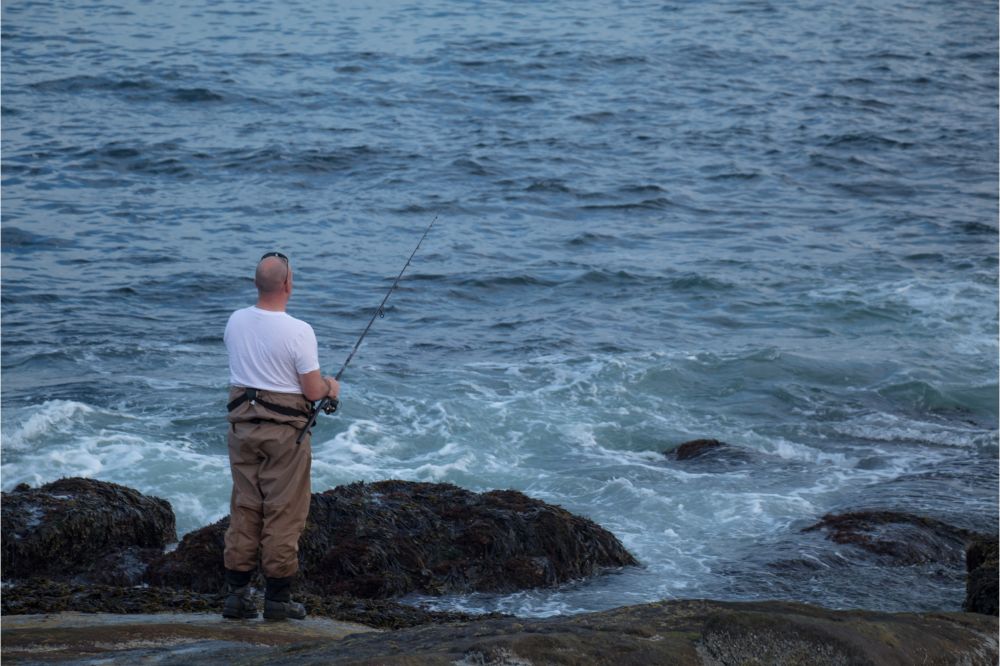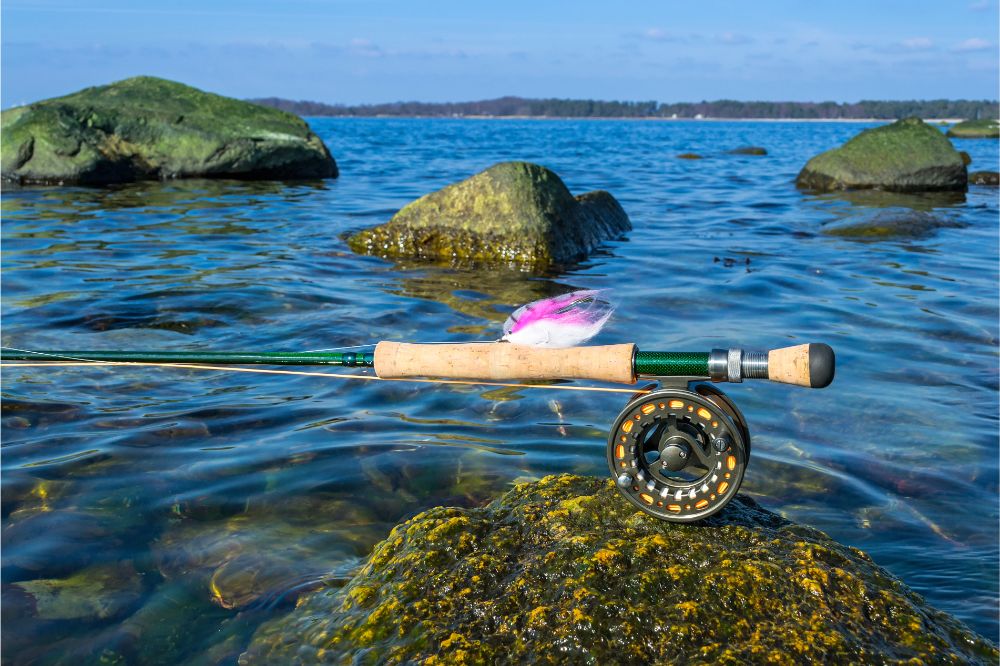
How to Fly Fish in Saltwater
Are you looking to pick up a new hobby or perhaps just seeking to expand your fishing skills repertoire? If so, then great, because today we are going to talk all about fly fishing in saltwater and not only whether you can do it but also whether you should.
What Is Fly Fishing?
But firstly, we need to make sure everyone is up to speed because chances are a couple of you are wondering “what exactly is fly fishing?”. Fly fishing falls into the angling category. Angling is the name or method used to describe the act of fishing with a fishing hook, rods, and line, although rodless alternatives do exist. Fly fishing makes use of a lightweight and artificial fishing lures or flies that resemble the kinds of insects that live among and in the waters of the fish you are trying to catch.
Because fly fishing relies on lighter weighted fishing lures and rods this means that fly fishers must employ different casting techniques than those that you would use for other fishing types, like bait fishing. Fly fishing can also be done in both fresh and saltwater, but we will get back to that one just now.
What Are Fly Lures?
So, when it comes to fishing, you can use several different baits and lure types, all of which are better suited and designed for certain types of waters, fish, and fishing techniques. When it comes to fly fishing, the baiting type of choice is the artificial fly, also known as a fly lure. This is different from bait fishing which uses live or dead bait to entice the fish you are hunting.
Most fly lures are made to imitate various kinds of aquatic or water-based insects that happen to be the food of choice for the species of fish that fly fishers desire to catch. Fly lures are made from a process known as fly tying, which describes the process of attaching and tying various bits of feathers, furs, and other intriguing materials, made to imitate insects onto the hook of their fishing line. Most fly lures, also called streamers, are made to sit on the surface of the water, where they wait until an unknowing fish comes close enough for a bit.

Can You and How Do You Fly Fish in Saltwater?
Firstly, yes, you can fly fish in saltwater. That said, you will have to change up your equipment if you mean to do some fly fishing out in saltier waters. The reason for this is that you will need to swap out for heavier rods and lines (called tackles) as saltwater fish tend to be larger and more powerful than their freshwater brethren.
Another reason why you need to have a heavier and stronger rod and line is that you will also need to contend with stronger winds than you find in saltwater areas. These winds are largely absent from freshwater spots. Because of this, it is recommendable that you get an 8 to 9-pound rod to handle itself during a fight with bigger fish. You will also need to make sure you have a beefier fishing reel which must have a stronger drag and draw system.
This will help you to not only keep the fish on the line and keep it from speeding away, but it will also help you to tire the fish out quicker. The last difference with regards to gear is that for saltwater fishing you want to make sure you purchase corrosion-resistant equipment that can stand up to the corrosive effects of saltwater and air, which can cause rust.
It also does not hurt to pack some backup gear before you set out. There is nothing worse than getting there and only fishing for a couple of minutes before something breaks, and you have to call it a day because you didn’t bring some backups along.
Because most saltwater fly fishing is done in deeper waters, it is recommended that you take a boat out with you if you need to keep moving along the shoreline and don’t want to wade through or stand in shallow waters for hours at a time. The best spots to try out some fly fishing tend to be in gullies, inlets, or river mouths.
This includes any open area that links to the sea that still creates a kind reserve close enough to the shore banks with a pocket of water that the fish can paddle around. Terrain such as this will make it easier to catch your fish as they will be closer to land or at least shallower waters, unlike open waters where they can speed away quicker.
Summary
We hope that you found this article helpful and that it has equipped you with the knowledge needed for you to wade in saltier waters!
